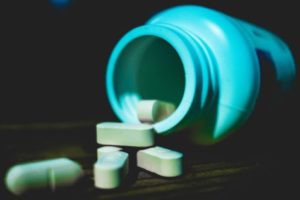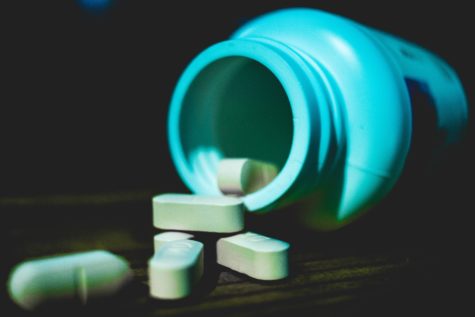CHICAGO — Alternative medicines, such as nutraceuticals, herbal products, and natural supplements, have presented families with new ways of treating and preventing illnesses in their children, albeit with varying degrees of success. As more and more people veer away from antibiotics and standard treatments, a new study finds that the use of alternative medicine with children has doubled in recent years.
Researchers from the University of Illinois at Chicago warn that many of these products aren’t properly vetted and urge parents to follow clinical recommendations rather than roll the dice with alternative meds on children.

“Dietary supplements are not required to go through the same FDA regulations and approval process as prescription drugs. As a result, we know very little about their safety and effectiveness, especially in children,” says study author Dima Qato, assistant professor of pharmacy systems, outcomes and policy at the UIC College of Pharmacy, in a statement. “Many dietary supplements have also been implicated in adverse drug events, especially cardiovascular, which is a safety concern.”
The researchers believe that a more prevalent consumption of omega-3 fatty acids and melatonin in children and teenagers contributed to this troubling rise in alternative medicine use. They found that use varied by gender: Vitamin B products and folic acid — believed to help reduce depression symptoms — were prevalent among teen girls, while omega-3 products and bodybuilding supplements were popular among the boys. One’s decision to try and medicate with the products also may be linked to specific health problems.
“Adolescents are using supplements to treat common health conditions or adverse effects of prescription medications,” concludes Qato. “For example, we’ve seen an increase in use of melatonin, which is promoted as having sleep benefits. At the same time, other studies have shown an increase in the use of ADHD medications, which we know are associated with a risk for insomnia.”
The research team studied six cycles of data from 2003 to 2004 and 2013 to 2014 extracted from the CDC-administered National Health and Nutrition Examination Survey. Participants were required to provide researchers with the containers for any supplements consumed within the 30 days prior to being interviewed for the study.
“We simply do not know if there are any benefits to children that outweigh the potential harms, and this study suggests supplement use is widespread and therefore an important, yet often ignored, public health issue,” adds Qato, who suggests parents educate themselves better on the products before purchasing them for their kids. “Health care providers working with children, especially pediatricians and pharmacists, should also take note of the prevalence of supplement use in this age group and ask patients and parents about such use regularly.”
The full study was published June 18, 2018 in JAMA Pediatrics.

Comments
Comments are closed.